Jim Hall
The question: how can someone so omnipresent on the New Zealand soundscape be relatively anonymous? The answer lies in the medium. Jim Hall is a composer and music producer, working mostly behind the scenes, writing songs and music for advertisements, television programmes, feature films, and recording artists.
A musician’s musician, Jim is well known in band and elite musical circles as a touring and session player, songwriter, arranger and multi-instrumentalist, and has shaped an impressive, award-winning career in the advertising and recording industries. But it was not until his album of songs for TV commercials, Big Songs From Small Movies (1999), hit gold, that he garnered a more public profile.
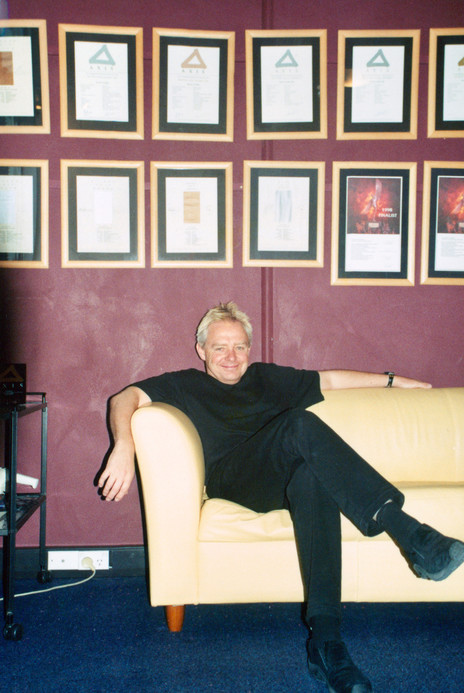
Jim Hall, 2001: "Some of the awards that now fill boxes in my basement."
Photo credit:
Jim Hall Collection
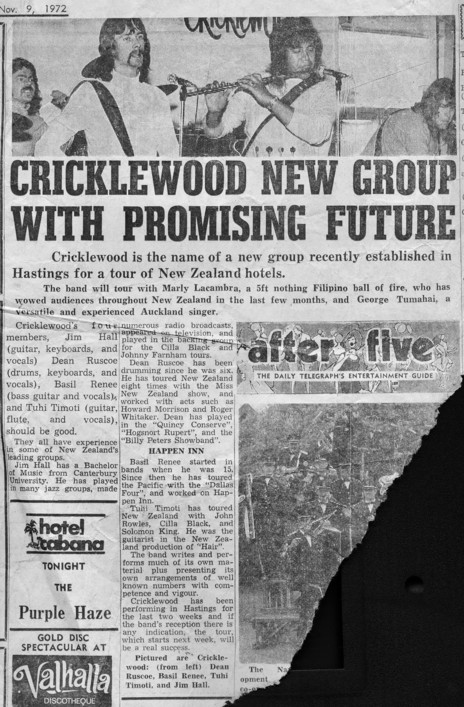
Jim Hall, Cricklewood, 1972.
Photo credit:
Jim Hall Collection
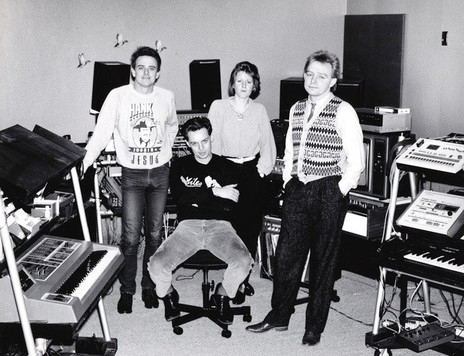
Ian Morris, Steve Robinson, Callie Blood, Jim Hall, Soundtrax circa 1985.
Photo credit:
Jim Hall Collection
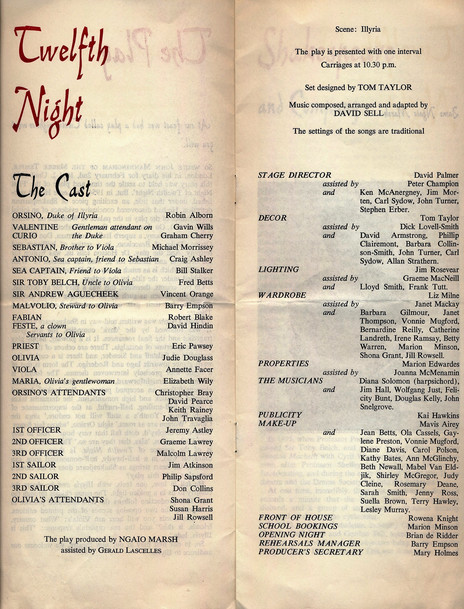
Twelfth Night with Ngaio Marsh, 1967.
Photo credit:
Jim Hall Collection
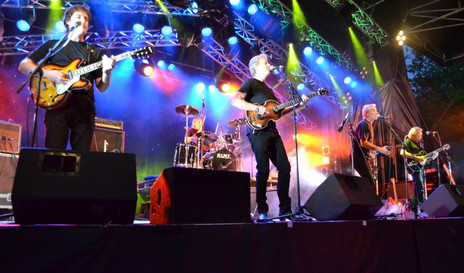
The Flab Four, New Year's Eve post-earthquake, 2012.
Photo credit:
Jim Hall Collection
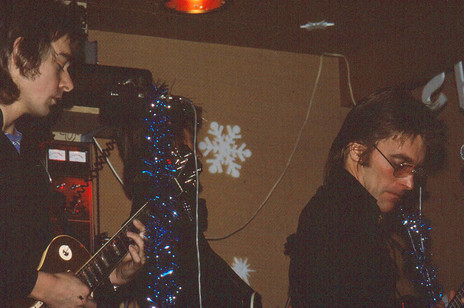
Steve and Jim Hall, Inshallah, Christmas 1975.
Photo credit:
Jim Hall Collection
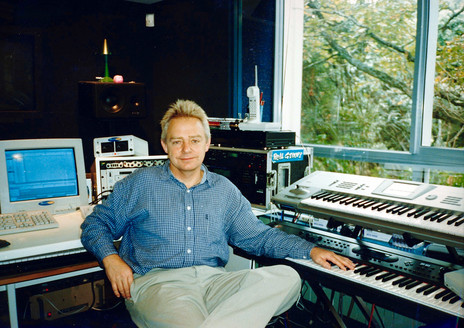
Jim Hall at Soundtrax, Upper Queen Street, Auckland, circa 2000.
Photo credit:
Jim Hall Collection
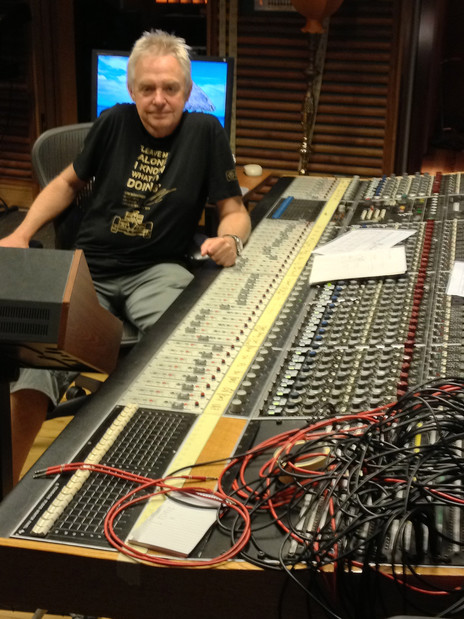
Jim Hall at Roundhead Studios, Auckland, 2013.
Photo credit:
Jim Hall Collection
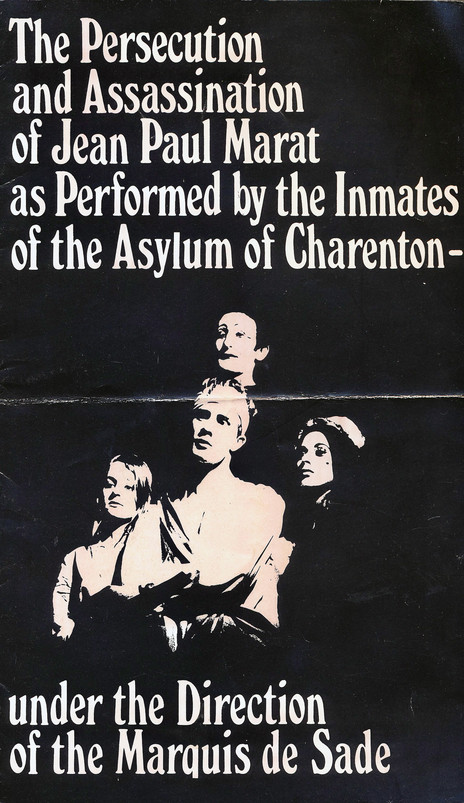
Jim Hall's souvenir programme from 'The Persecution and Assassination of Jean-Paul Marat as Performed by the Inmates of the Asylum of Charenton Under the Direction of the Marquis de Sade'.
Photo credit:
Jim Hall Collection
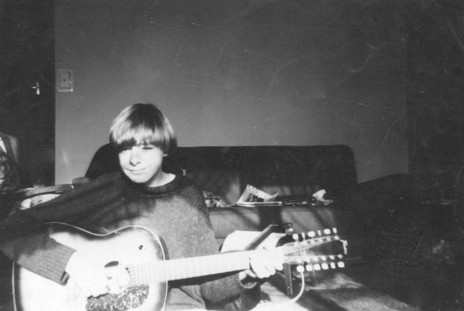
Jim Hall with his Framus Hootenanny 12-string guitar, circa 1966.
Photo credit:
Jim Hall Collection
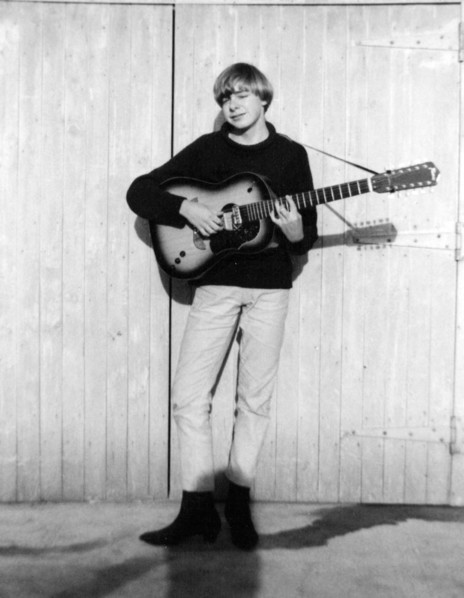
Jim Hall with his Framus 12-string, Bryndwr, 1966.
Photo credit:
Jim Hall Collection
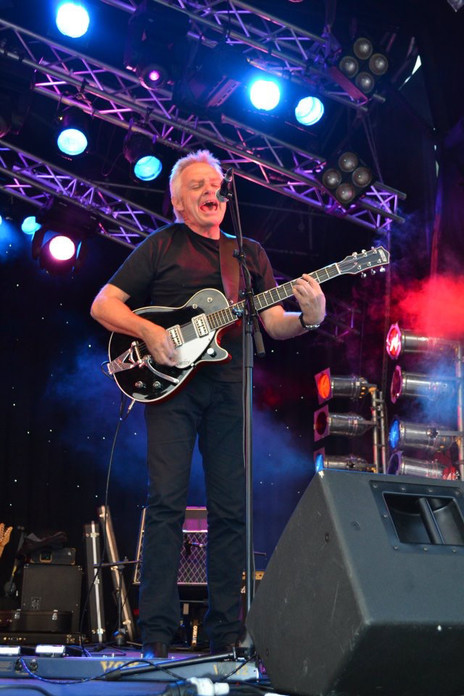
Jim Hall in The Flab Four, after the Earthquake show, Christchurch, New Year’s Eve 2012.
Photo credit:
Jim Hall Collection
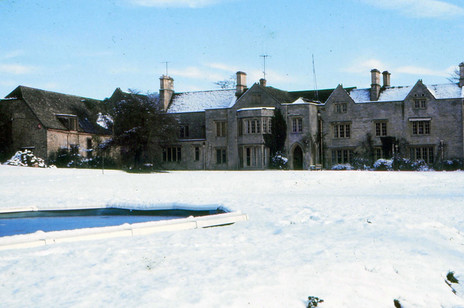
The Manor Studio, 1976.
Photo credit:
Jim Hall Collection
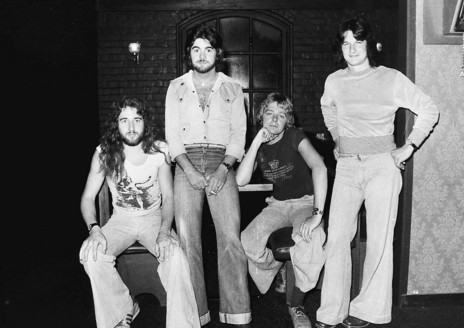
Jim Hall (second from right) in Shannon, January 1978.
Photo credit:
Kevin Hill
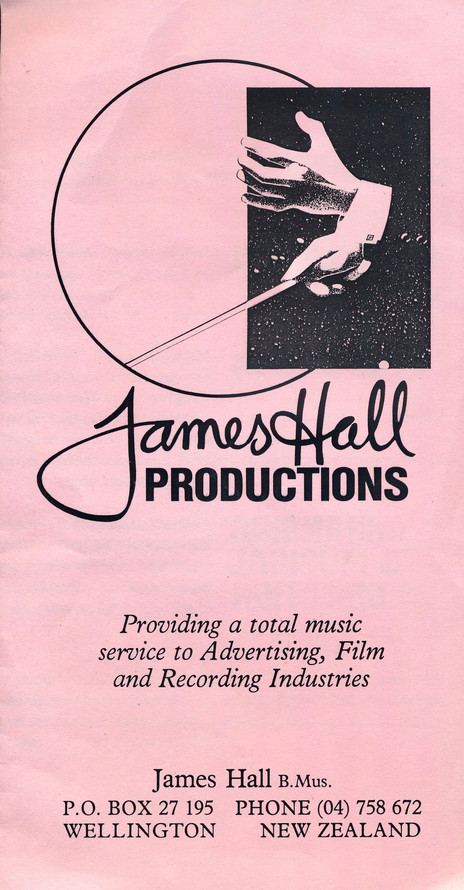
Pre Soundtrax business card, 1981.
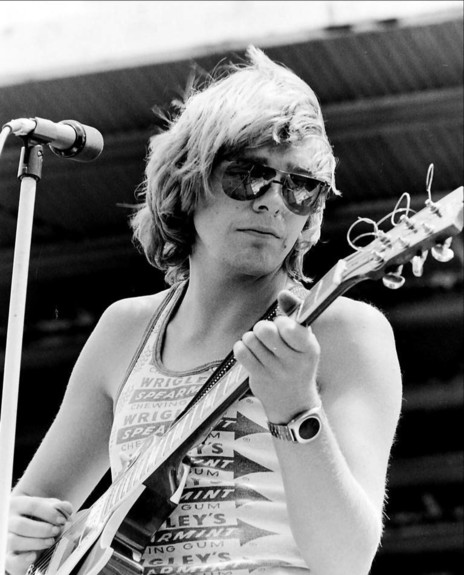
Jim Hall with Shannon, December 1977.
Photo credit:
Kevin Hill
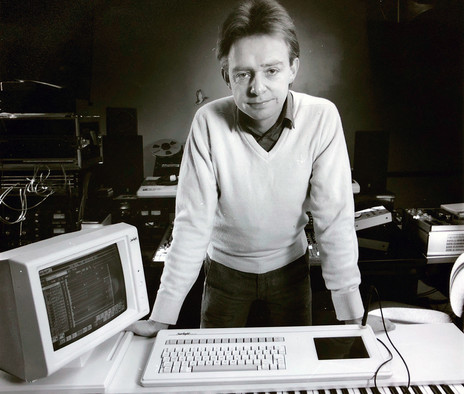
Jim Hall with the brand-new Fairlight CMI III, Soundtrax, Wellington 1988.
Photo credit:
Jim Hall Collection
Shannon Live at Adam’s Apple, Christchurch, 1977 - Lowdown (Boz Scaggs). Jim Hall guitar and lead vocal, Kevin Toneycliffe drums, vocals, Ross Nicol bass, vocals, Gary Taylor keyboards/vocals. Recorded via a mono microphone hung from the glitter ball above the dance floor. Photos are from the collection of Kevin Hill.
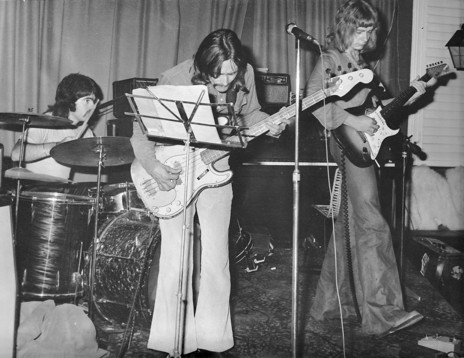
Cricklewood at Carnaby's, 1973. Dean Ruscoe, Basil Peterken, Jim Hall.
Photo credit:
Jim Hall Collection
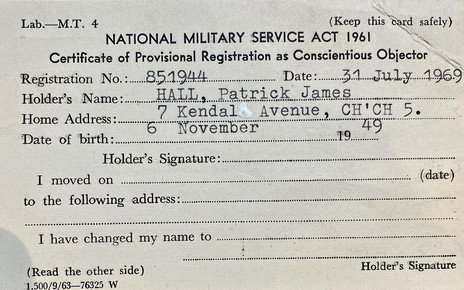
Jim Hall's registration as a conscientious objector to National Military Service, 1969.
Photo credit:
Jim Hall Collection
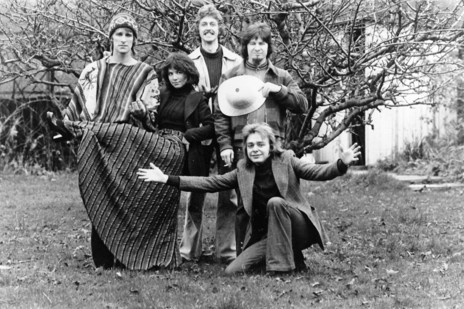
Inshallah, Muswell Hill, 1974.
Photo credit:
Jim Hall Collection
Trailer for Crooked Earth (director Sam Pillsbury, 2001). Soundtrack composer Jim Hall
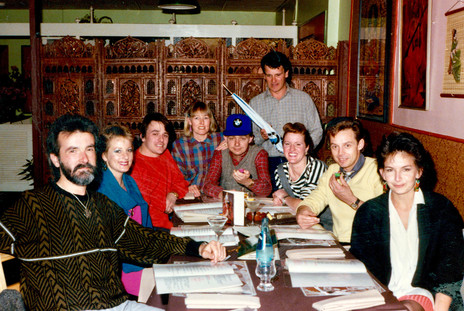
Jim Hall’s 37th birthday, 1986, with (from left) Bob Smith, Lindy Robinson, Ian Morris, Bronwyn, Jim, Barry Saunders, Callie Blood, Steve Robinson, Chrissie LaHood.
Photo credit:
Jim Hall Collection
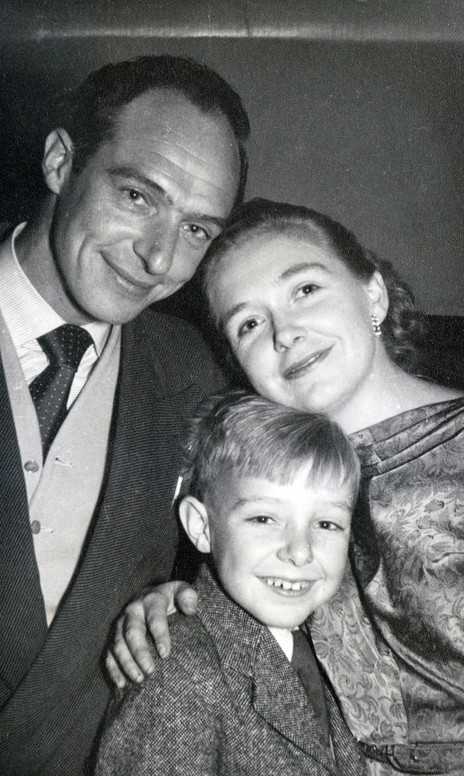
Jim Hall with his parents, c 1959.
Photo credit:
Jim Hall Collection
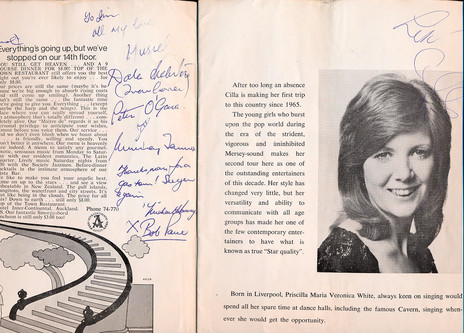
A heartfelt message from Cilla Black, 1971.
Photo credit:
Jim Hall Collection
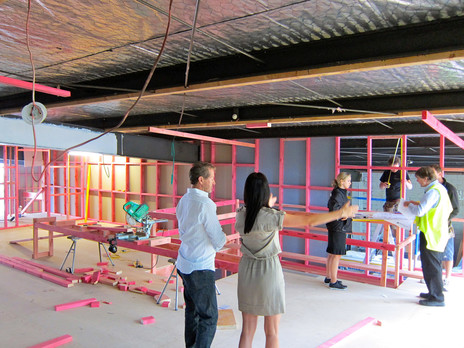
Building Franklin Road studio, 2009.
Photo credit:
Jim Hall Collection
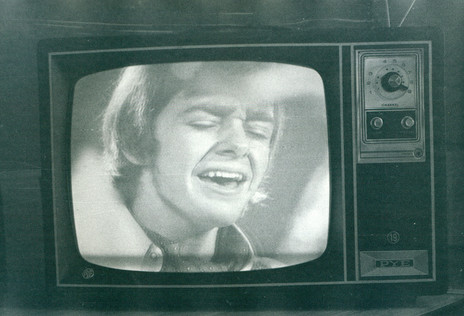
Jim Hall on CHTV3 with the Harry Voice Trio, circa 1970.
Photo credit:
Jim Hall Collection
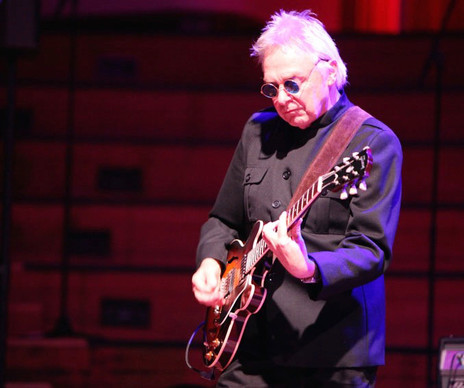
Jim Hall, A Strange Days Night, Auckland Town Hall, 2014.
Photo credit:
Jim Hall Collection
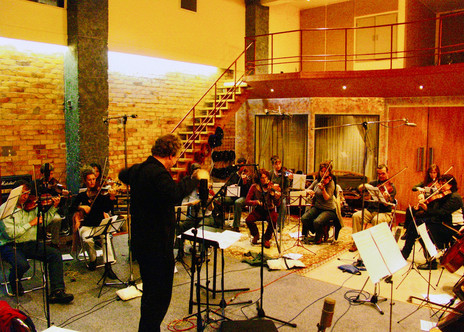
Recording music for the National Bank TVC, York Street Recording Studios, Auckland, 2007.
Photo credit:
Jim Hall Collection
The first ad for Lotto, directed by Lee Tamahori. Soundtrack by Jim Hall and the Soundtrax team - Ian Morris, Steve Robinson, Callie Blood.
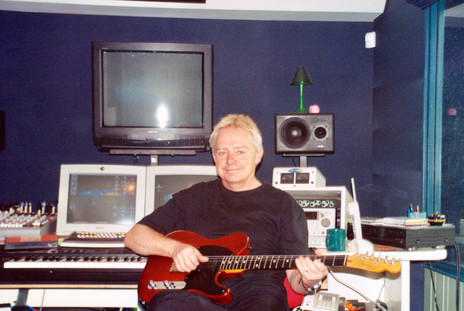
Jim Hall at Soundtrax, Upper Queen St, c 2001.
Photo credit:
Jim Hall Collection
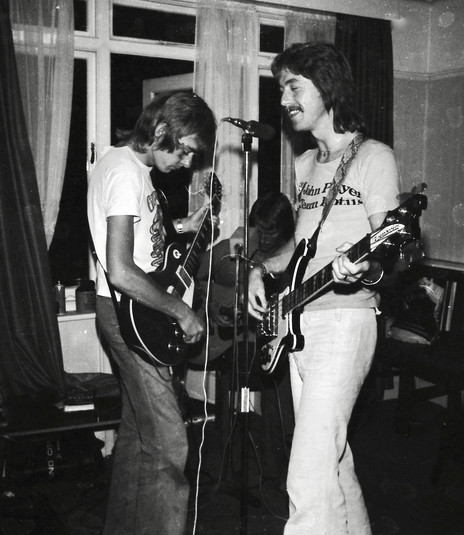
Muswell hillbillies: Jim Hall and Jay Peters rehearsing, Muswell Hill, 1975.
Photo credit:
Jim Hall Collection
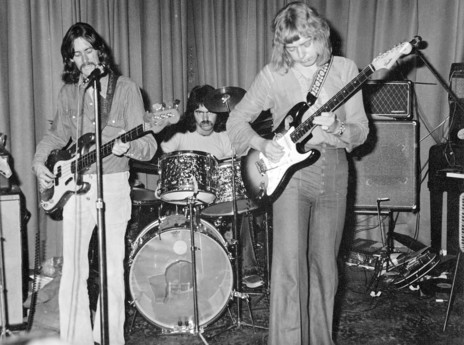
Basil Peterken, Dean Ruscoe, Jim Hall – Cricklewood at Carnaby’s, Lorne Street, 1973.
Photo credit:
Jim Hall Collection
Random Hearts - Please Don't Tell Me, 2018, written and produced by Jim Hall.
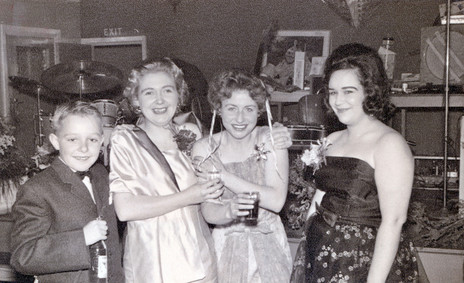
Jim Hall in 1959 with his mum, her friend Fran, and Joan Williams, who introduced young Jim to the music of Elvis Presley and Ella Fitzgerald.
Photo credit:
Jim Hall Collection
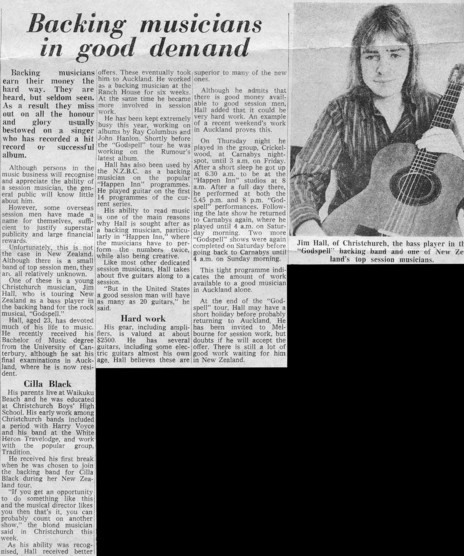
Press interview for Godspell.
Photo credit:
Jim Hall Collection
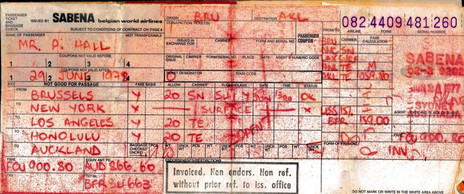
Jim Hall's ticket home, 1977.
Photo credit:
Jim Hall Collection
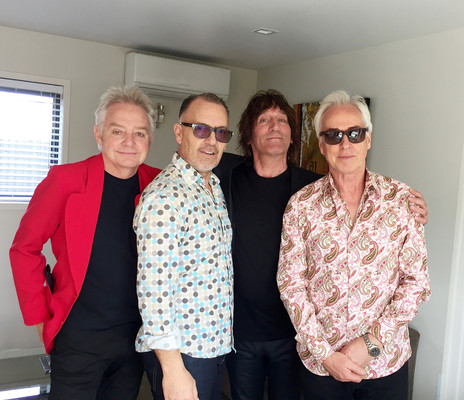
Jim Hall, Peter Urlich, Jordan Luck, Eddie Rayner. Alexandra Blossom Festival 2016.
Photo credit:
Jim Hall Collection
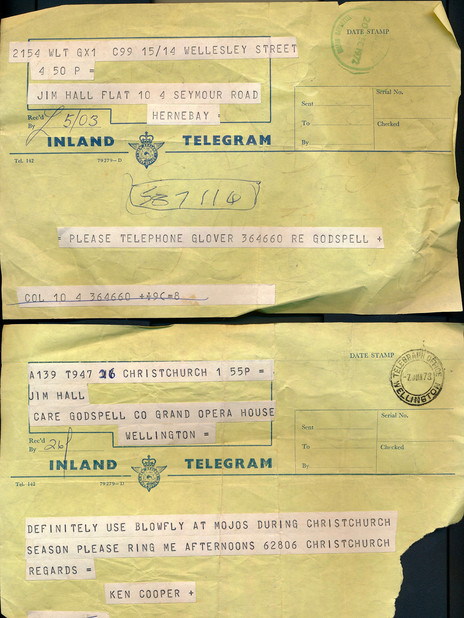
Godspell telegrams, 1973.
Photo credit:
Jim Hall Collection
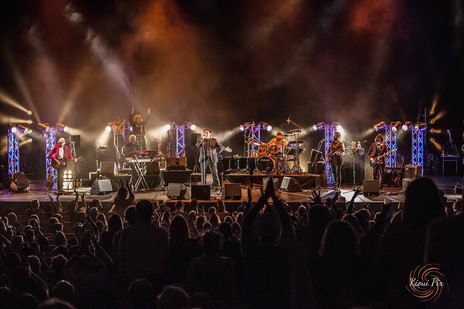
Jim Hall on the left, performing at David Bowie tribute – "Bowie Waiting in the Sky", Auckland Town Hall, 2016.
Amber Claire - Great Escape, Sony, 2005, produced by Jim Hall.
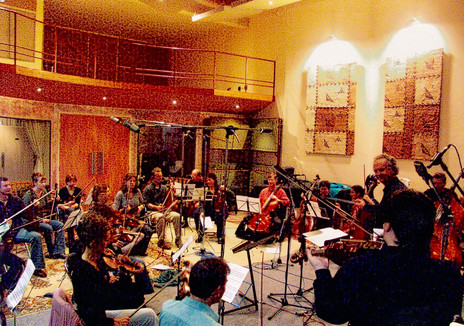
Recording Vivaldi’s Four Seasons for the National Bank TVC, York Street Recording Studios, Auckland, c 2007.
Photo credit:
Jim Hall Collection
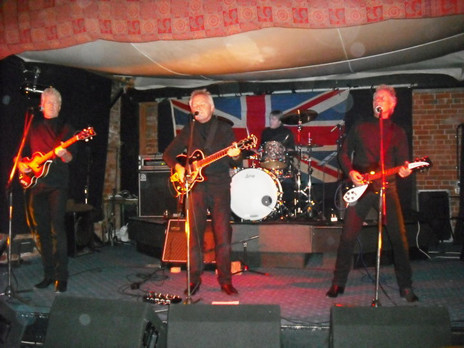
First gig for the Flab Four, Al's Place 2010.
Photo credit:
Jim Hall Collection
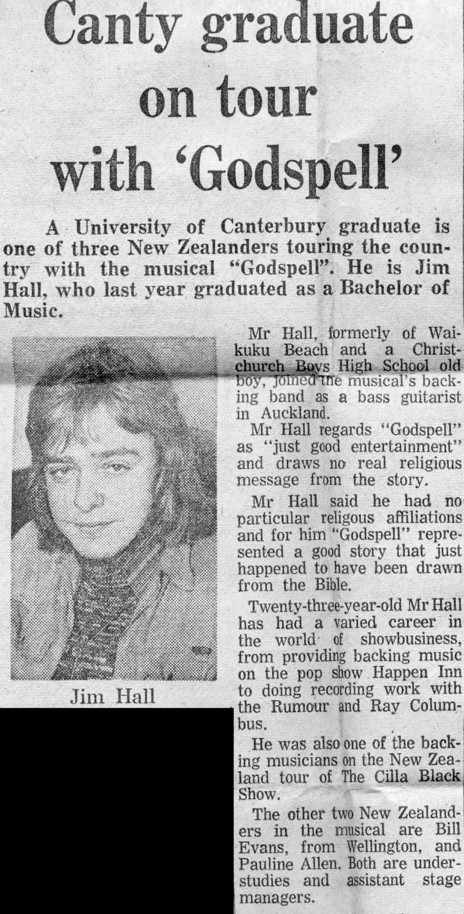
Jim Hall in Godspell.
Photo credit:
Jim Hall Collection
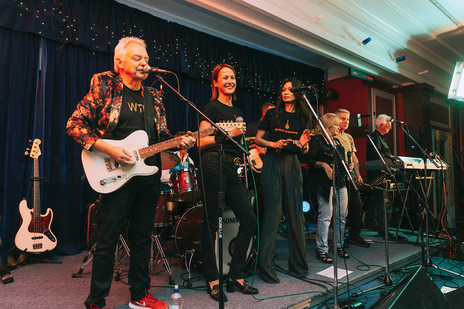
Jim Hall’s 70th. Jim at left with Patrick Kuhtze (drums), Stacey Thomas, Mark Hughes, Boh Runga, Mark Dennison, Eddie Rayner.
Photo credit:
Jim Hall Collection
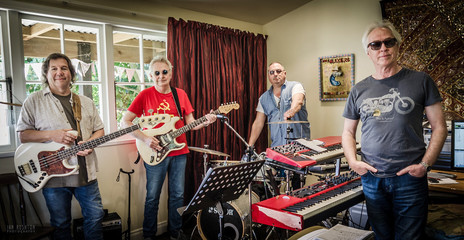
Dark Horse – Clive Franks, Jim Hall, Patrick Kuhtze, Eddie Rayner, 2017.
Photo credit:
Jim Hall Collection
Shannon Live at Adam’s Apple, Christchurch, 1977 - Josie (Steely Dan). Jim Hall guitar/lead vocal, Kevin Toneycliffe drums/vocals, Ross Nicol bass/vocals, Gary Taylor keyboards/vocals. Recorded via a mono microphone hung from the glitter ball above the dance floor. Photos are from the collection of Kevin Hill.
National Bank Black Horse TVC, composer Jim Hall. "My first big budget ad featuring the NZSO and the horse from "The Man From Snowy River". Director Geoff Dixon, circa 1983.
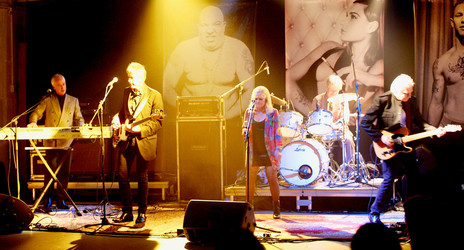
Jim Hall in the ConRays.
Photo credit:
Jim Hall Collection
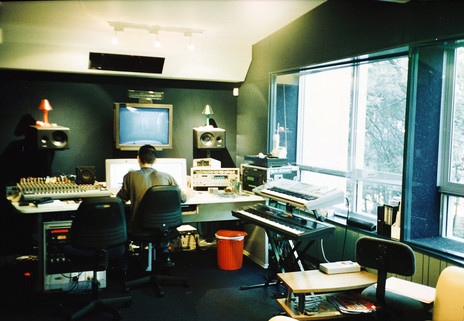
Luke Tomes at Soundtrax, c 2000.
Photo credit:
Jim Hall Collection
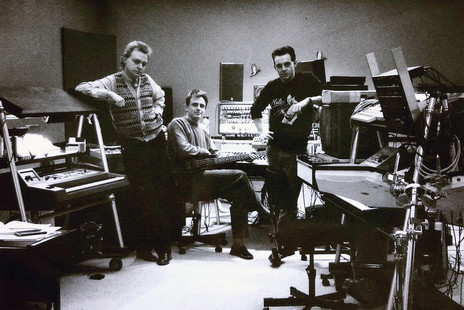
Soundtrax, Wellington 1985 – Jim Hall, Ian Morris, Steve Robinson.
Photo credit:
Jim Hall Collection
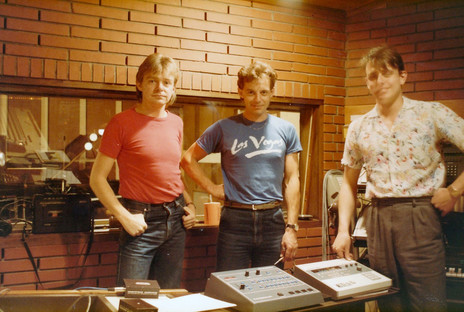
Jim Hall, Steve Robinson, Ian Morris at Marmalade Studios circa 1984.
Photo credit:
Jim Hall Collection
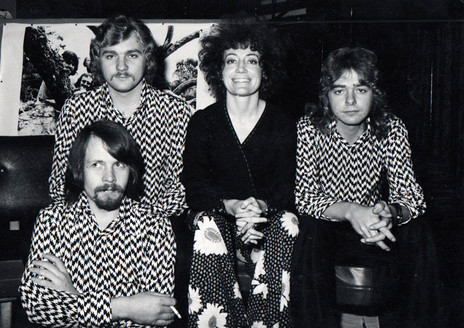
Harvest, 1972: Mike Harvey, Linn Lorkin, Jim Hall, John McGuire.
Photo credit:
Jim Hall Collection
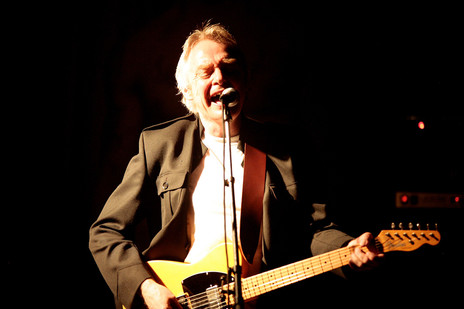
Jim Hall in The ConRays, 2010.
Photo credit:
Jim Hall Collection
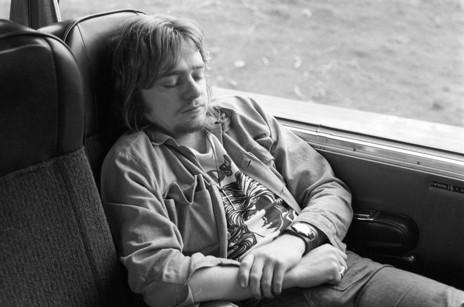
Jim Hall on the Tony Christie tour bus, 1973.
Photo credit:
Jim Hall Collection
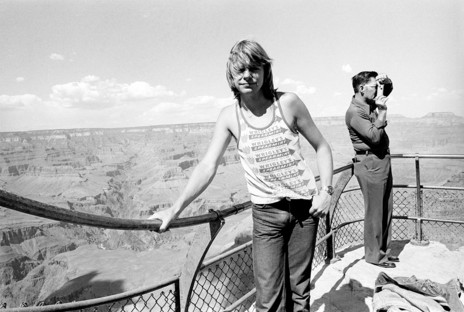
Jim Hall, Grand Canyon, 1977.
Photo credit:
Jim Hall Collection
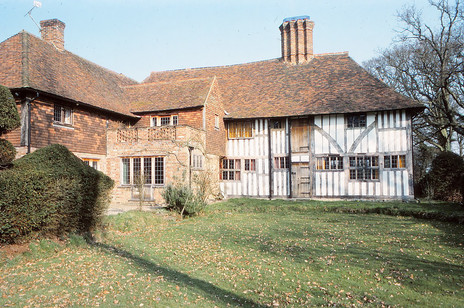
Barbara Dickson rehearsals, Biddenden, Kent, 1976.
Photo credit:
Jim Hall Collection
Jodi Vaughan - Rodeo Eyes (1984) - producer Jim Hall.
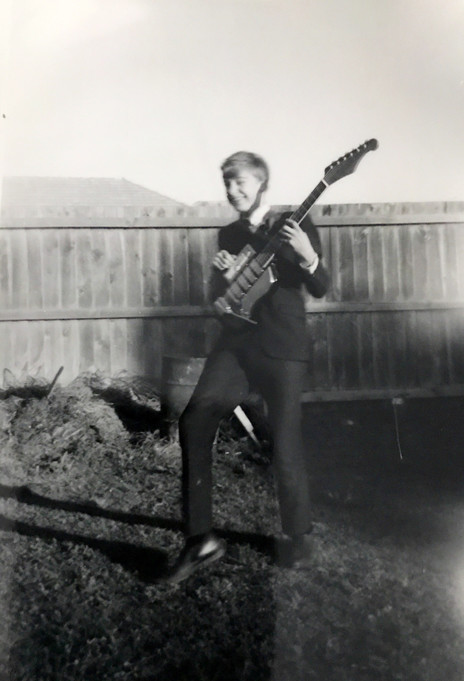
Jim Hall with his new Teisco SSL-4 guitar, Christchurch, 1964.
Photo credit:
Jim Hall Collection
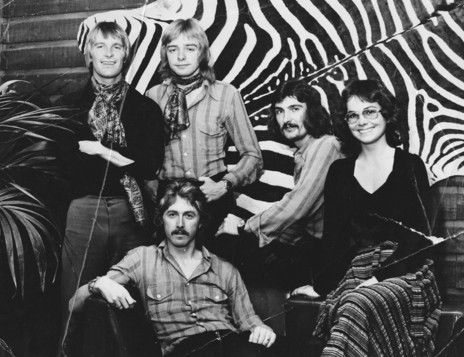
Inshallah – Steve, Jim Hall, Pete, Betsy, Jay in front. Jersey, 1975.
Photo credit:
Jim Hall Collection
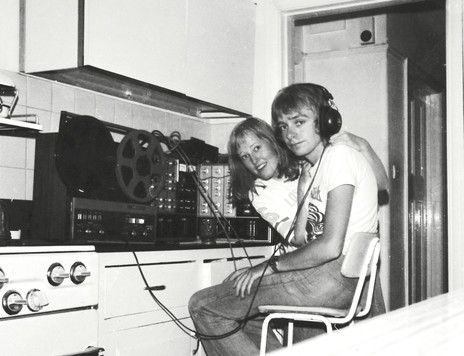
Jim and Bronwyn, Hendon, 1974.
Photo credit:
Jim Hall Collection
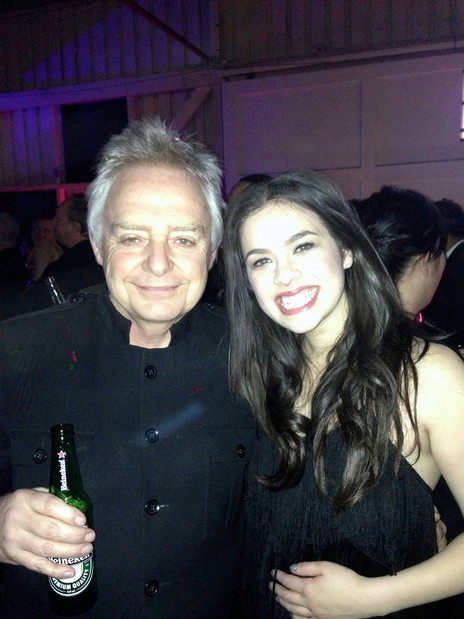
Jim Hall and X-Factor NZ 2013 winner Jackie Thomas, 2013.
Photo credit:
Jim Hall Collection
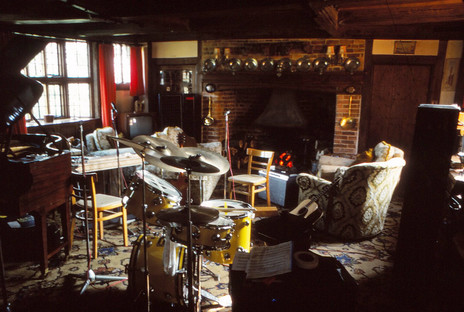
Barbara Dickson rehearsals, Biddenden, Kent, 1976.
Photo credit:
Jim Hall Collection
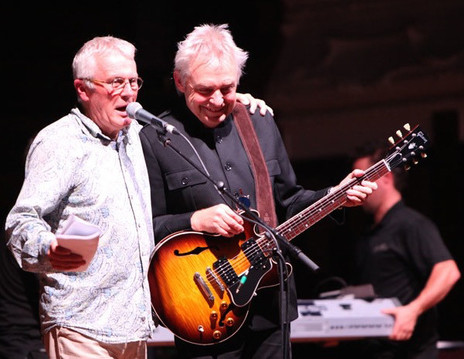
Mike Chunn and Jim Hall. A Strange Day’s Night concert, Auckland Town Hall 2014.
Photo credit:
Jim Hall Collection
Trailer and excerpts from Carry Me Back (1982) - Jim Hall was one of the soundtrack composers.
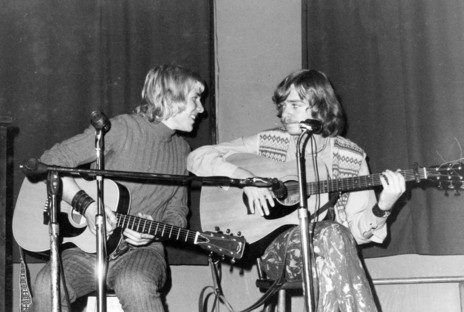
Jim Hall with Simon Marks at the Folk Centre, Christchurch, circa 1970.
Photo credit:
Jim Hall Collection
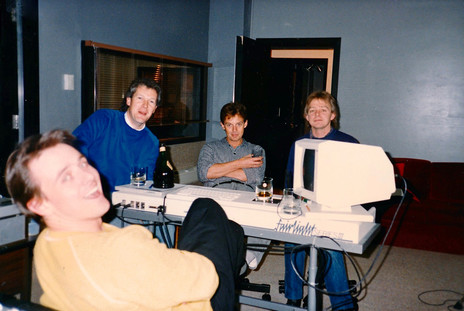
Soundtrax, Wellington, 1986. Ian Morris, Rob Winch, Steve, Jim Hall and the Fairlight.
Photo credit:
Jim Hall Collection
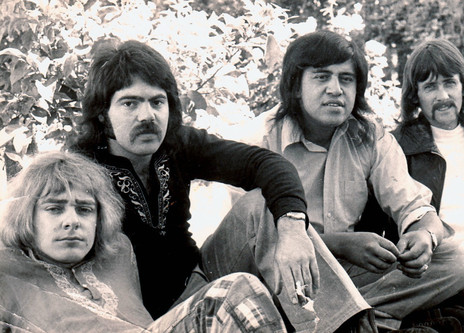
Cricklewood, 1972 – Jim Hall, Dean Ruscoe, Tuhi Timoti, Basil Peterken.
Photo credit:
Jim Hall Collection
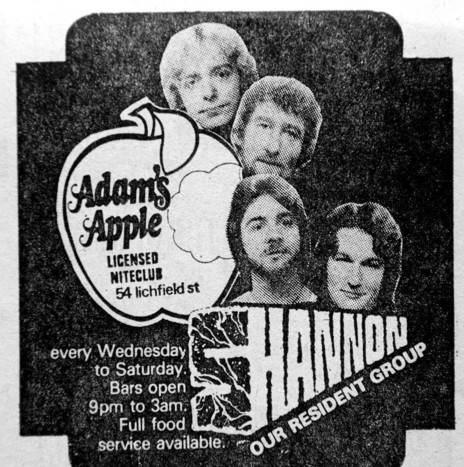
Jim Hall in Shannon, at the Adam's Apple Niteclub, Christchurch.
Photo credit:
Jim Hall Collection
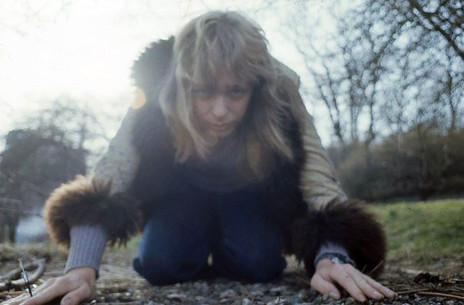
Jim Hall, Copenhagen, 1974.
Photo credit:
Jim Hall Collection
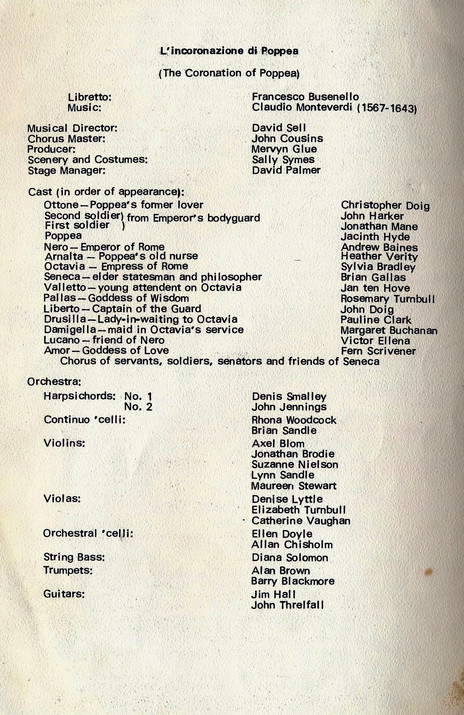
Programme from Coronation of Poppea.
Photo credit:
Jim Hall Collection
Kim Hart - Running Round n Circles, 1979, written and produced by Jim Hall
Random Hearts - It's A Lovely Day, 2018, written and produced by Jim Hall.
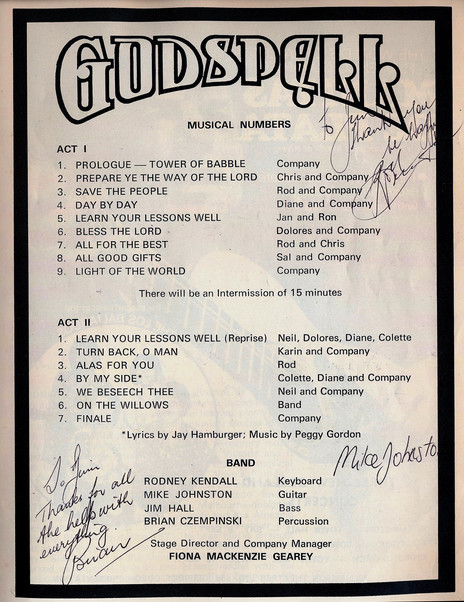
Godspell programme, 1972
Photo credit:
Jim Hall Collection
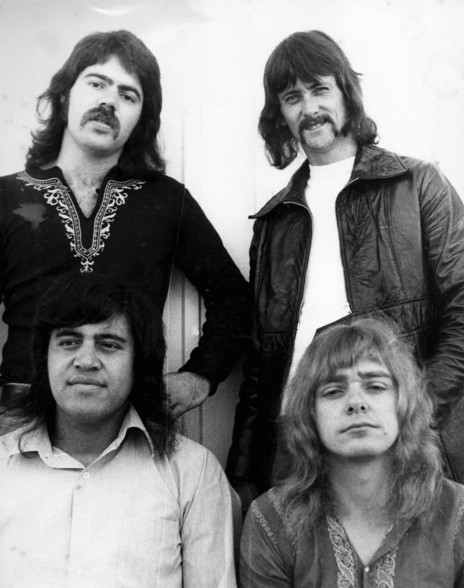
Cricklewood, c. 1972. Clockwise from top left: Dean Ruscoe, Bas Peterken, Jim Hall, Tuhi Timoti.
Photo credit:
Jim Hall Collection
Discography
Links:
Song: Easy Street - Things I've Done Before, Jim Hall - bass, high harmony, horn arrangement.
Labels:
Universal
EMI
RCA
WEA








